
2022 Mid-Atlantic Region Conference |
October 12 | 1:00 PM
PCO education, like all higher education, has moved decisively to embrace the principles of inclusion, diversity, equity, and access (IDEA) in recent years. These efforts have been valuable for maximizing learned experiences for many traditionally underserved groups; however, individuals with disabilities - including developmental, learning, cognitive, and physical disabilities - have often been left behind in these efforts. In this keynote, the presenters will first highlight the traditional access gap most commonly associated with disability inclusion in higher education. They will then introduce the importance of recognizing disabilities as part of the identity of many PCO learners, even and especially when those identities are not disclosed. Finally, they will discuss the opportunities that arise from moving towards ultimately valuing the unique experiences of learners with disabilities, and demonstrate how doing so can manifestly increase the value of PCO education to other students, educators, and themselves.
 Matthew Lerner, Stony Brook University
Matthew Lerner, Stony Brook University Ava Gurba, Stony Brook University
Ava Gurba, Stony Brook University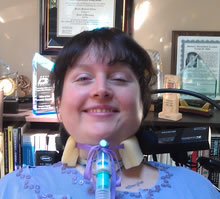 Ellison, Stony Brook University
Ellison, Stony Brook UniversityOctober 13 | 8:30 AM
In this dynamic, facilitated panel discussion, learn from PCO leaders how they are building the case for alternative credentials on their campuses, leveraging legacy structures and policies, partnering internally and externally to address workforce needs, and cultivating quality across non-degree credentials. Audience questions will play a critical role in this conversation—bring yours!
 Bili Mattes, Harrisburg University
Bili Mattes, Harrisburg University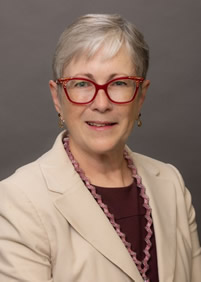 Nora Lewis, University of Pennsylvania
Nora Lewis, University of Pennsylvania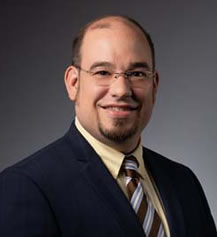 David Schober, Rutgers University
David Schober, Rutgers University
October 13 | 3:15 PM
Join us for a look into the big picture of Diversity, Equity and Inclusion in higher education as presented by an esteemed group of Mid-Atlantic member institutions. This general session will provide an opportunity to hear from Dr. Christina Sax, Maryland University of Integrative Health, Dr. Judith B. Clarke, State University of New York at Stony Brook, and Dr. Brighid Dwyer, University of Pennsylvania on each of their institution's DEI strategies, overall trajectory (where they've been and where they're headed), challenges, and opportunities, along with their ideas for the future of DEI in higher education. Q & A to follow the presentations.
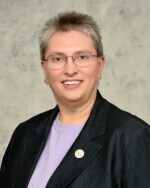 Christina Sax, Maryland University of Integrative Health
Christina Sax, Maryland University of Integrative Health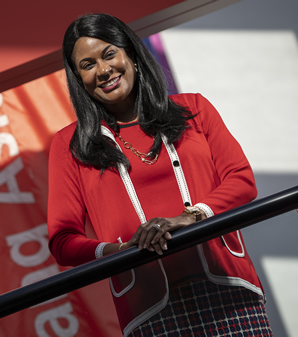
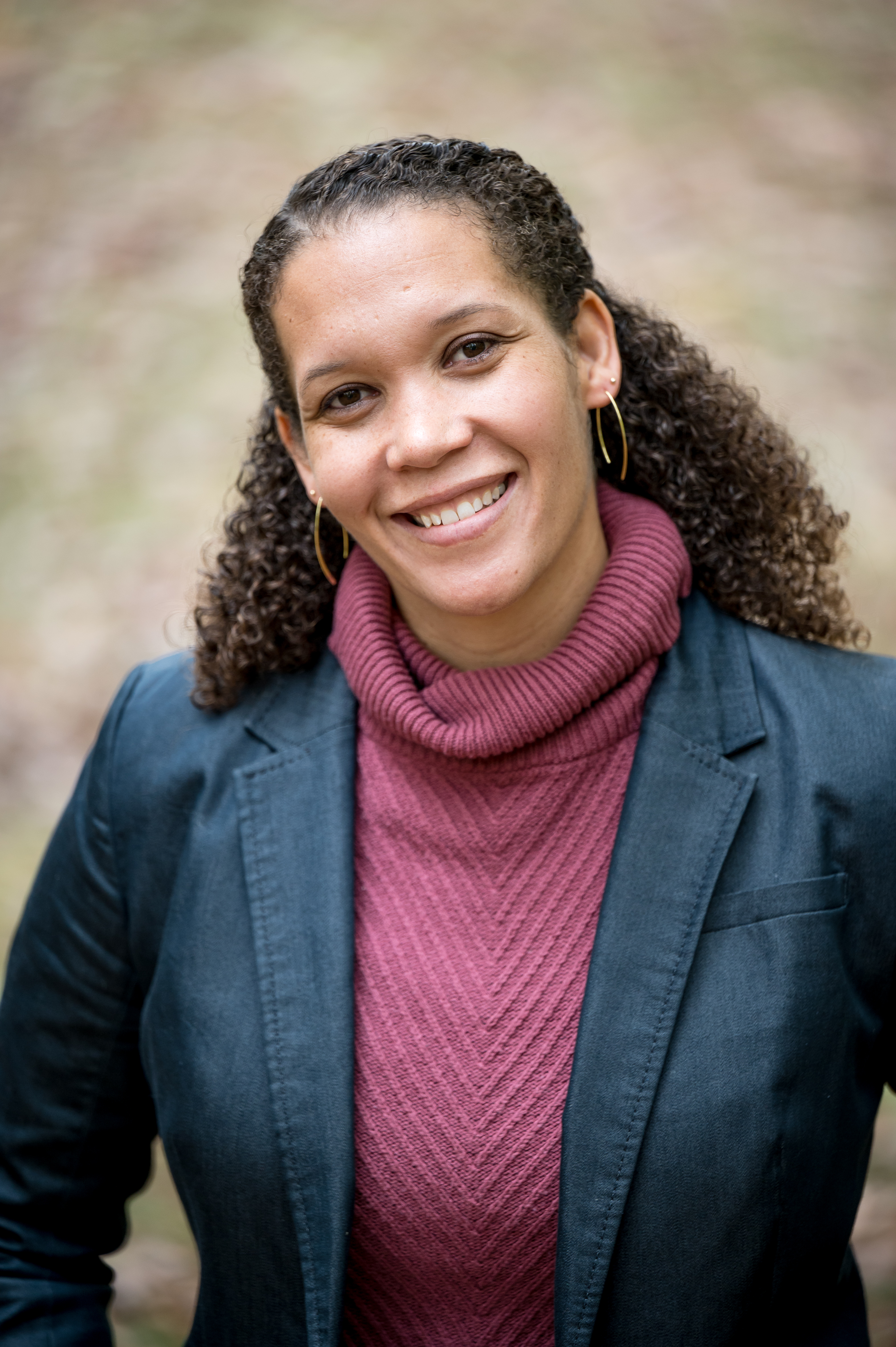 Brighid Dwyer, University of Pennsylvania
Brighid Dwyer, University of PennsylvaniaOctober 14 | 10:00 AM
“If your actions inspire others to dream more, learn more, do more and become more, you are a leader.” –John Quincy Adams
Join three of Mid-Atlantic's prestigious leaders as they discuss their perspectives on managing challenges in recent years and their ability to help their institutions rebound and look towards the future.
 Margo DelliCarpini, Penn State Abington
Margo DelliCarpini, Penn State Abington Margo DelliCarpini, Ph.D. assumed the position of chancellor and dean of Penn State Abington on Jan. 4, 2021. She has compiled an accomplished record of strategic leadership and a demonstrated commitment to student access and success, academic scholarship, community outreach, and diversity, equity and inclusion.
As chancellor of Penn State Abington, she oversees more than 3,000 students, more than 320 faculty, 23 bachelor's degree programs, an MBA partnership with Penn State Great Valley, the NCAA Division III athletics program, and numerous outreach initiatives and partnerships that benefit the region and beyond.
Prior to arriving at Abington, Dr. DelliCarpini was vice provost for strategic educational partnerships and dean of the College of Education and Human Development (COEHD) at The University of Texas at San Antonio (UTSA). As dean, she grew the full-time faculty complement, oversaw the development of new degree programs including a doctoral program in school psychology; and led the launch of the Department of Race, Ethnicity, Gender and Sexuality Studies.
As a first generation, nontraditional student, Dr. DelliCarpini experienced firsthand the opportunity that higher education provides for students, the role institutions of higher education play as cultural and intellectual hubs in their communities, and the impact of higher education on the economic mobility of graduates.
Dr. DelliCarpini earned her bachelor’s degree in linguistics, master’s degree in TESOL, and doctorate in linguistics all from the State University of New York at Stony Brook. She is a licensed English as a Second Language educator and school district administrator through the New York State Education Department.
 Nora Lewis, University of Pennsylvania
Nora Lewis, University of PennsylvaniaNora Lewis is Vice Dean for Professional and Liberal Education in the School of Arts and Sciences at the University of Pennsylvania, a post she has held since 2010. She oversees Penn’s College of Liberal and Professional Studies, which enrolls more than 8,000 individuals annually in degree, non-degree and online programs. Ms. Lewis has 35 years of experience in professional, continuing, online and international education. Her responsibilities have included teaching, program development and coordination, marketing, recruitment, admissions, student services and advising, and general administration.
Ms. Lewis holds a B.A. in English from the College of William and Mary and a Certificate of Advanced Study in Educational Linguistics from the University of Pennsylvania. She previously served as representative for the Mid-Atlantic region to the board of directors of UPCEA.
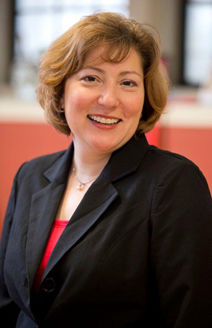 Vicki McGarvey, Temple University
Vicki McGarvey, Temple UniversityDr. Vicki Lewis McGarvey is a first-generation college student who earned both her master’s and doctoral degrees while working full-time. As Vice Provost for Temple’s University College, Vicki wears many hats, overseeing a wide variety of programs for learners of every age — from Temple’s Summer and Pre-college Programs to the Osher Lifelong Learning Institute.
Dr. McGarvey also directs the ProRanger Philadelphia program, a partnership between Temple and the National Park Service to train law enforcement rangers. She has a personal passion for the nation’s natural treasures. In her free time, you can find her in a state or national park camping with her family.
Prior to joining Temple University in 2001, Dr. McGarvey held positions in scientific, financial and research administration in the medical schools at the Johns Hopkins University and the University of Pennsylvania. She also served as the administrative and financial officer for the University of Pennsylvania’s School of Social Work.
Dr. McGarvey holds a B.A. in natural sciences and an M.B.A. from the Johns Hopkins University and an Ed.D. in higher education administration from the University of Pennsylvania.
October 14 | 11:00 AM
In the post-pandemic world, the New Adult Learner will be the difference on whether colleges and universities thrive or survive. To better prepare our members, Jim will present the results of a meta-analysis UPCEA and corporate partner sponsored research on the New Adult Learner. The research will show the complexities of the adult learner and the breadth of segments they represent. Jim will offer insights on motivating factors, delivery and credential preferences, support services and needs and how these might relate to marketing, recruitment and retention. In a competitive market, understanding the differences of the many adult learner segments is critical to institutional success.
 Jim Fong, Founding Director
Jim Fong, Founding Director